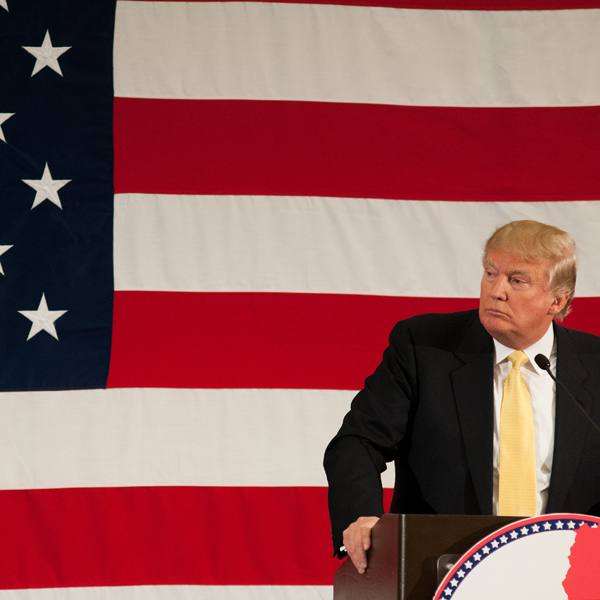
"How can courts respond? Among those considering the enforcement issue are Trevor W. Morrison and Richard H. Pildes, professors at the New York University School of Law, in a guest essay for the New York Times, Bloomberg Law, NPR and the Brennan Center for Justice at the NYU School of Law."
"Court orders are usually directed at subordinate officials, rather than a president. If the officials don't comply, "the courts would be likely to issue further orders, with increasingly strict and specific requirements, such as a due date.""
"Then there are these additional options, according to the articles: Sanction the lawyers. Courts can sanction lawyers who help clients deliberately defy a court order, who file court documents for an improper purpose or who make misrepresentations to a court."
The article explores the implications of federal officials defying court orders, particularly in light of past events during Trump's presidency. It highlights concerns over a potential constitutional crisis as courts may find their authority undermined. Legal scholars suggest that courts can respond by issuing stricter orders, sanctioning lawyers, or even holding officials in contempt. The ongoing debate raises significant questions about the limits of judicial power and the responses available when federal officials disregard judicial directives.
Read at ABA Journal
Unable to calculate read time
Collection
[
|
...
]